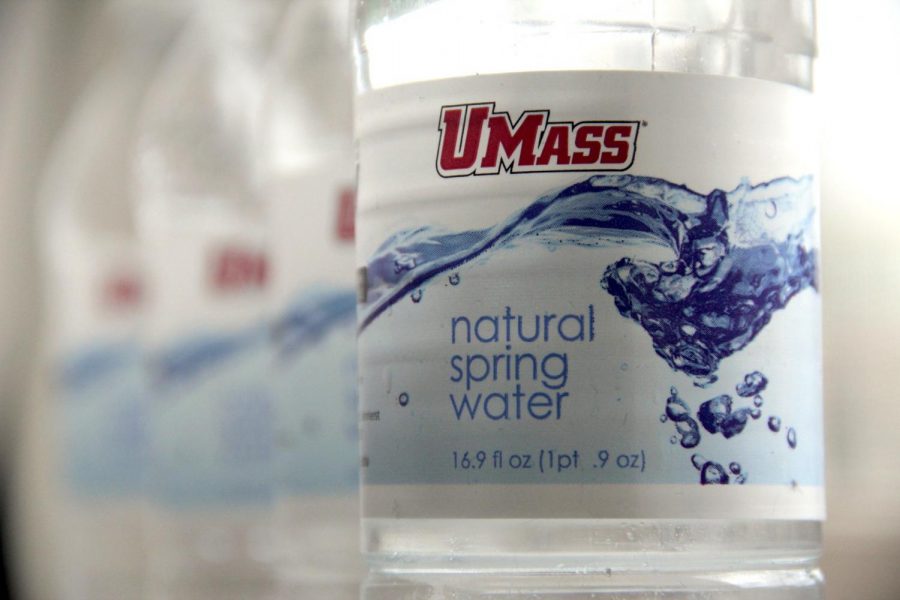Most would say that we love to keep ourselves and our loved ones protected at all times. But what if the most dangerous hazards are in our water? We would be begging for protection and aid. Contaminated water should ignite movements for change in this generation of improvement and advancement. This is our civic responsibility: to respond to health injustices to those who cannot afford clean water.
Systematic oppression has been exposed by many civil rights movements; however, little advocacy has been sparked for health disparities. These disparities affect poverty-stricken areas due to lack of representation, resources and responsibility from trusted officials. According to Nutrition, published by Jones & Bartlett Learning “Lead toxicity occurs more frequently in areas of poverty.” State authorities should be protective of children and execute the expansion of access to clean drinking water.
Families who cannot afford the tools needed to filter water may not be able to afford to buy bottled water on a day-to-day basis. A young child who does not have access to fresh, clean water may need to resort to tap water. This is a pressing public health issue because of the contaminants of water and its association with future health problems. For example, the World Health Organization has commented on the dangers of lead toxicity, explaining that “young children are particularly vulnerable to the toxic effects of lead and can suffer profound and permanent adverse health effects, particularly affecting the development of the brain and nervous system.” They followed that statement by affirming that there is no amount of lead that is considered safe; any trace of lead is considered toxic. Yet as much as 15 parts per billion (ppb) is required to initiate federal action. This is not a recommended daily allowance or an upper limit level – that is just a red flag signifying officials to fix it.
During the Flint Water Crisis, about 17 percent of Flint’s water samples were above that 15 ppb and even then, no authorities or officials offered representation, resources or responsibility. It took three years and a lawsuit against the city of Flint before a plan of improvement was implemented. As an additional result of changing Flint’s water supply, Legionnaires Disease claimed the many lives, including that of 26-year-old Jassmine McBride.
Death should never be a prerequisite for intervention. A human being can only sustain life for a few days without water, but how long can they live drinking toxic water? The study design would never pass an ethics committee. They would reject the idea of purposefully poisoning a person to see the effect.
One of the objectives of Healthy People 2020, a project run by the Center for Disease Control, was to reduce the lead levels in children’s blood. A toxicology report published in 2015 by DETOX & Institute of Experimental Pharmacology and Toxicology called the effects of lead toxicity “serious.” To offer insight, imagine a newborn infant drinking formula made with contaminated water. A mother would never offer contaminated formula to her baby if she had other options. The issue is that we need to have safe options. A mother should never be subjected to poisoning her child because she did not have access to clean water.
There’s also an association with poorer communities and youthful behavioral problems. The evidence is significant enough to consider contaminated water a risk factor. Health disparities come from numerous factors, however access to resources is the highest among them. A lack of resources should never implement poor health in the country we live in. Our abundance of resources should be distributed among those who deserve it, and clean drinking water should be considered a right for every citizen.
If the government was more representative, members would advocate for health and protection. If they had offered resources like sink water filters, children wouldn’t be subjected to unnecessary illness. Also, if the government took responsibility in any way, people could trust that they uphold and act upon the citizen’s best interest. The demand is to protect the lives and liberty of the people by bringing clean water to those without.
Adria Stephens is a Collegian contributor and can be reached at [email protected].



















